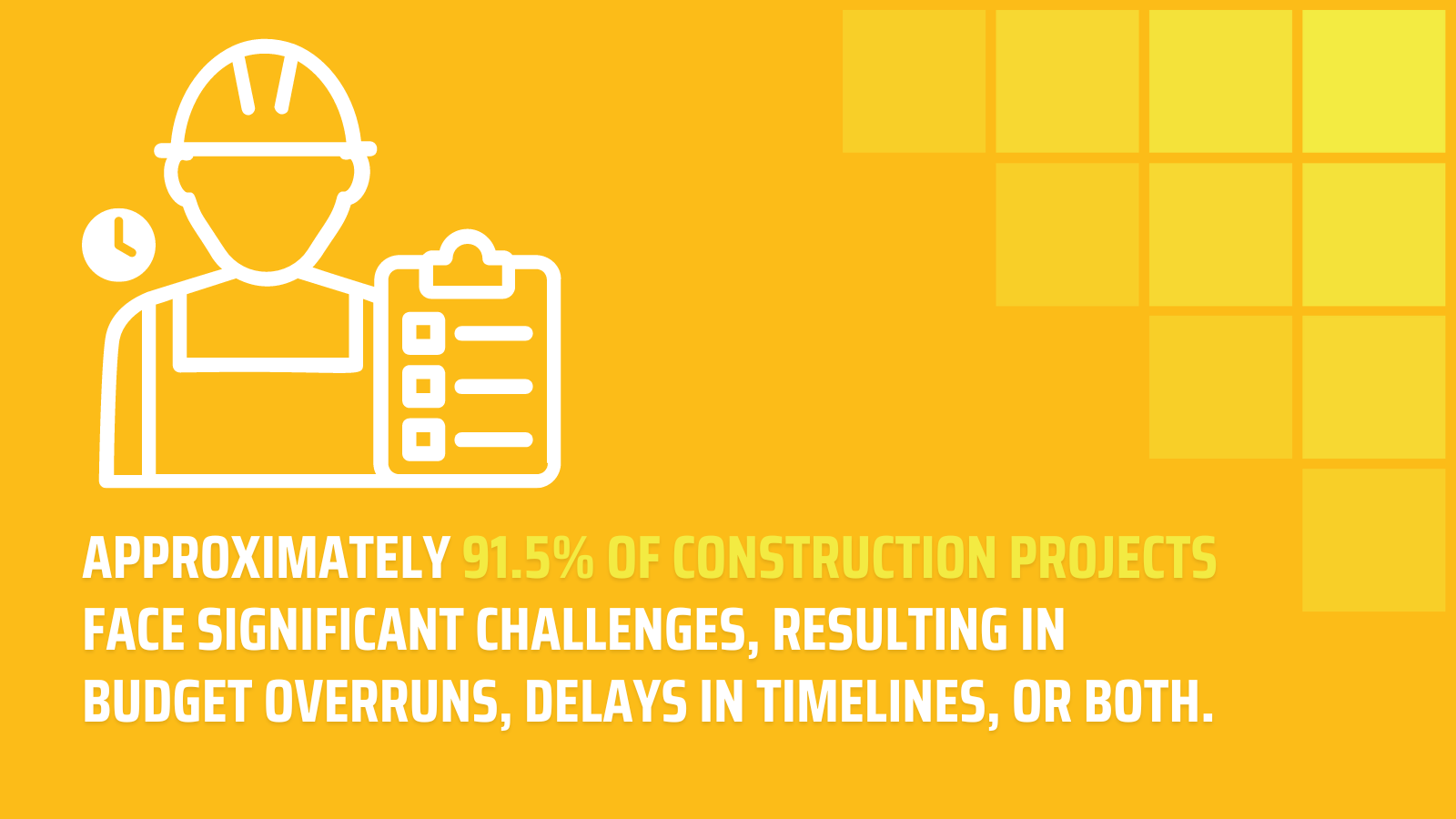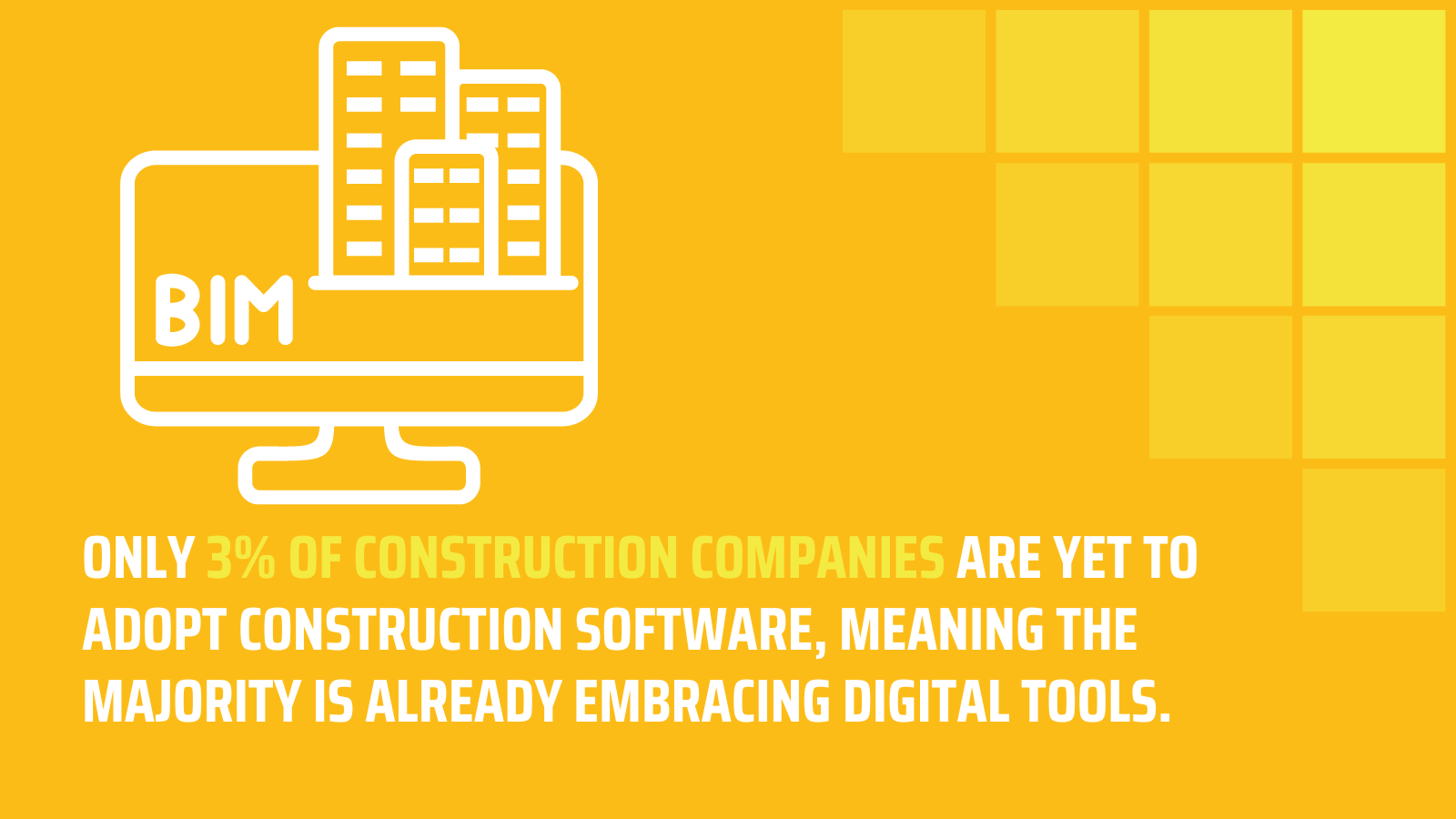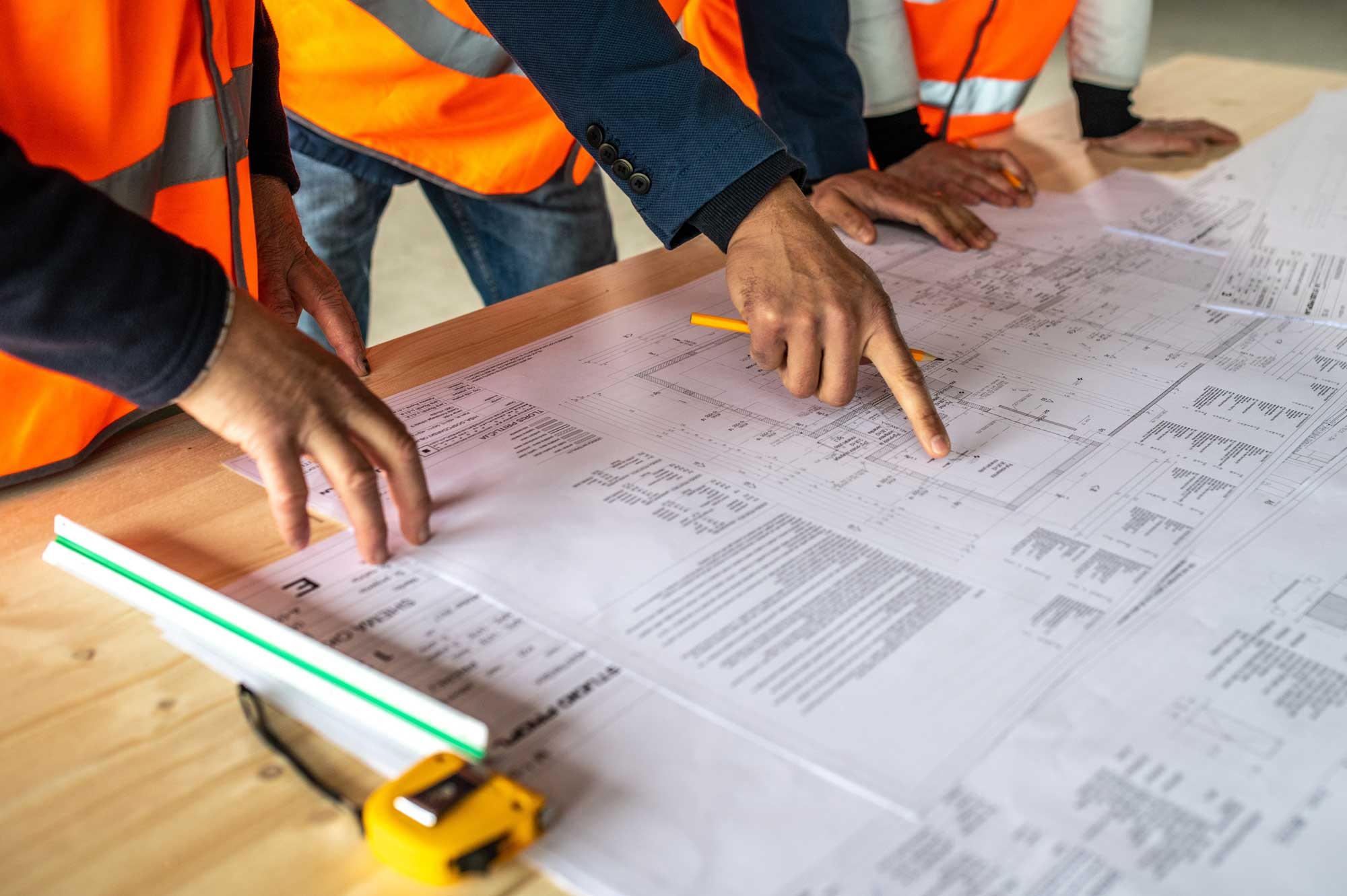The Middle East is home to some of the biggest, most expensive construction projects in the world. These include Dubai’s Dubailand, which has an expected total cost of US$64 billion, and Saudi Arabia’s King Abdullah Economic City, which has an estimated budget of US$100 billion.
Both projects are still ongoing, meaning that even if they already have huge budgets, there is a chance they can go beyond the target amounts, as many construction projects often do.
However, construction companies involved in these projects and others can avoid worrying about going beyond the budget when they have a well-thought-out project management plan.
This blog aims to discuss what cost management in project management is, its important role, and some ways to create and implement an effective strategy.
What is Cost Management?
Cost management is the process of estimating, planning, and budgeting to control the expenses involved in a construction project without compromising its quality or results.
Providers of cost management services explain that it involves the following steps:
1. Cost Estimation
It includes forecasting the total project cost covering the materials, labour, equipment, and contingencies to come up with a realistic initial budget.
2. Cost Planning
It involves detailed planning to align the budget with the different project phases, and setting financial benchmarks for each stage.
3. Risk Management
This step identifies potential financial risks and includes developing strategies to mitigate them.
4. Cost Control
This involves continuously monitoring and tracking actual expenses and comparing them against the budget to identify variances and implement corrective actions.
5. Resource Allocation
It pertains to distributing resources efficiently to ensure each phase of the project receives adequate funding within the budget.
6. Financial Reporting
This involves regular reporting to achieve transparency and keeping clients informed about the project’s financial status.
What is the Role of Cost Management in Construction Projects?
Cost management plays several important roles in construction project management, foremost of which are:
1. It Allows the Project to Stay Within Budget.
A well-defined budget helps construction companies track expenses, prevent cost overruns, and choose and manage resources efficiently. It is one of the most crucial elements of cost management.
Many construction companies find it challenging to adhere to the budget with fluctuating supplies and labour costs and unexpected client requests. In case the prices of certain materials suddenly increase or there is a need to hire additional workers, the budget allows project managers to look for the ideal alternative solutions.
If the client asks for changes in room sizes or materials, comparing the additional cost with the budget can help them make an informed decision. With these details, they can understand the financial implications of their requests and decide if they should push through with them.
With these cost control strategies, adhering to the budget is more feasible. Even if the client decides to go through with the changes, minimising the additional expenses is possible.
2. It Enables Construction Companies to Earn From the Project.
Cost management allows construction companies to earn from and avoid losing money on projects they undertake. It is a crucial strategy that helps firms identify opportunities to reduce expenses and increase profits without compromising on quality and results.
Additionally, cost estimation and budgeting in project management permit companies that need to adjust their budgets find relevant solutions faster. This is possible because they already have quick access to the details they require.
It also enables construction companies to avoid overspending on various project areas, having difficulties paying suppliers on time, and delays caused by these issues. These benefits translate to completing profitable projects that satisfy clients.
3. It Improves Project Efficiency.
Through careful and smart planning and cost control, construction managers and project consultants can allocate resources more effectively, avoid unnecessary expenses, and stay within budget. They can ensure that materials, labour, and equipment are used optimally to reduce waste and maximise productivity.
These strategies aid in anticipating financial risks and mitigating them promptly, thereby preventing project delays and cost overruns.
Cost management also involves maintaining a clear record of expenditures that enhances transparency and accountability during project implementation.
These benefits demonstrate the importance of cost management in all construction projects regardless of their type and size.
They also explain why it is worthwhile investing in construction project management services.

Source: https://www.strategy-business.com/article/Why-do-large-projects-go-over-budget
What are the Best Strategies for Effective Cost Management?
Understanding the steps and benefits of cost management paves the way for a successful implementation. Employing other strategies ensures its effective execution as well.
Below are some strategies for implementing cost management in construction projects:
1. Have a Detailed Project Plan.
Creating the ideal construction project plan involves understanding the client’s budget, estimating costs efficiently, developing an efficient schedule, and identifying possible risks.
A detailed project plan, which should be in place at the start, provides a clear roadmap that helps keep the project within budget.
2. Use Technology.
Specialised tools, such as building information modelling (BIM), project management, and construction scheduling software, provide up-to-date, detailed data and reports that help managers and consultants create and adjust work timetables and allocate resources efficiently.
As a result, they can aid decision-makers in making data-driven decisions that ensure the project adheres to the budget and cost overruns are kept at a minimum.

3. Practise Open and Timely Communication.
Ensuring everyone involved in the project communicates and is constantly informed minimises misunderstandings and costly errors. Regular updates and open dialogues enable quick identification and resolution of issues, preventing project delays and cost overruns.
Transparent communication also fosters trust and collaboration among team members, enhancing financial tracking and accountability, and overall project efficiency.
4. Monitor Expenses Regularly.
The prices of construction supplies fluctuate constantly, which means cost estimates and the project budget should be reviewed regularly and adjusted as needed.
Periodic cost monitoring and analysis allow for quick identification of price changes and data-based changes that prevent the project from exceeding the established budget.
Conclusion
Implementing an effective cost management plan lays a strong foundation for any construction project since it improves financial planning and execution over time.
By prioritising cost management, construction firms can deliver high-quality projects on time and within budget, enhancing client satisfaction and enabling business growth.
About Us
Stonehaven is a trusted project management company and construction consultant based in Dubai, offering comprehensive construction management services across the UAE with offices located in Dubai, UK and Sri Lanka. As one of the leading project management companies in Dubai, we manage projects from inception to completion, ensuring quality, efficiency, and cost-effectiveness at every stage.
We deliver value through expert project management consultancy services, tailored to meet the unique needs of each client. Our core services include Cost Management, Project Management, Construction Supervision, Engineering Support, Design Support, and Marketing & Communications. Whether you’re looking for construction consultants or project managers in the UAE and wider GCC region, Stonehaven is your trusted partner for achieving excellence in your next project.
Contact us today to learn how to control costs in project management.







